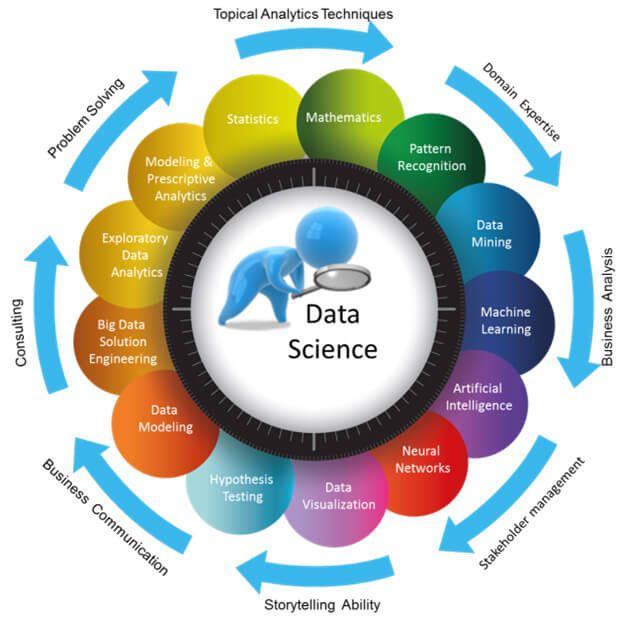Data-Driven Marketing Strategies
In today’s digital age, data has become one of the most valuable assets for businesses. With the rise of big data and advanced analytics, companies now have access to unprecedented amounts of information about their customers, competitors, and market trends. This wealth of data presents a unique opportunity for businesses to develop highly targeted and effective marketing strategies.
The Power of Data in Marketing
Data-driven marketing is a strategic approach that uses data to inform and optimize marketing efforts. By analyzing customer behavior, preferences, and demographics, businesses can create highly personalized and targeted campaigns that are more likely to resonate with their target audience. In fact, research has shown that data-driven marketing can lead to a significant increase in ROI and customer engagement.
Customer Segmentation
One of the key benefits of data-driven marketing is the ability to segment customers based on their behavior and preferences. By analyzing data from sources such as website traffic, social media interactions, and email engagement, businesses can create distinct customer profiles and tailor their marketing efforts accordingly. This allows businesses to deliver targeted messages to specific segments of their audience, increasing the effectiveness of their campaigns.
Predictive Analytics
Predictive analytics is another powerful tool that businesses can use to inform their marketing strategies. By analyzing historical data and trends, businesses can forecast future outcomes and make data-driven decisions about their marketing efforts. For example, predictive analytics can help businesses identify potential high-value customers, anticipate market trends, and optimize pricing strategies.
Personalization
Personalization is a key aspect of data-driven marketing. By leveraging data to create highly personalized experiences for customers, businesses can increase customer engagement and loyalty. For example, businesses can use data to tailor product recommendations, personalize email campaigns, and customize website content based on individual preferences.
Implementing Data-Driven Marketing Strategies
To successfully implement data-driven marketing strategies, businesses must first ensure that they have access to high-quality data. This may involve collecting data from a variety of sources, such as customer interactions, website analytics, and third-party data providers. Once businesses have gathered sufficient data, they can begin to analyze it to uncover valuable insights that can inform their marketing strategies.
Data Analysis
Data analysis is a critical step in the data-driven marketing process. By using tools such as data visualization, statistical analysis, and machine learning, businesses can uncover patterns and trends in their data that can inform their marketing strategies. For example, businesses can use data analysis to identify high-value customer segments, optimize marketing campaigns, and measure the effectiveness of their efforts.
A/B Testing
A/B testing is another valuable tool that businesses can use to refine their marketing strategies. By testing different variables, such as messaging, imagery, and calls to action, businesses can gather data on what resonates most with their target audience. This allows businesses to make data-driven decisions about their marketing campaigns and continuously improve their efforts over time.
Measurement and Optimization
Measurement and optimization are crucial components of data-driven marketing. By regularly monitoring key performance indicators (KPIs) and analyzing the results of marketing campaigns, businesses can identify areas for improvement and make data-driven decisions about future strategies. This iterative process of measurement and optimization allows businesses to continuously refine their marketing efforts to achieve optimal results.
Conclusion
Data-driven marketing is a powerful strategy that can help businesses gain a competitive edge in today’s digital landscape. By leveraging data to inform and optimize marketing strategies, businesses can create highly targeted and personalized campaigns that are more likely to resonate with their target audience. With the right tools and approach, businesses can harness the power of data to drive ROI, customer engagement, and business growth.


